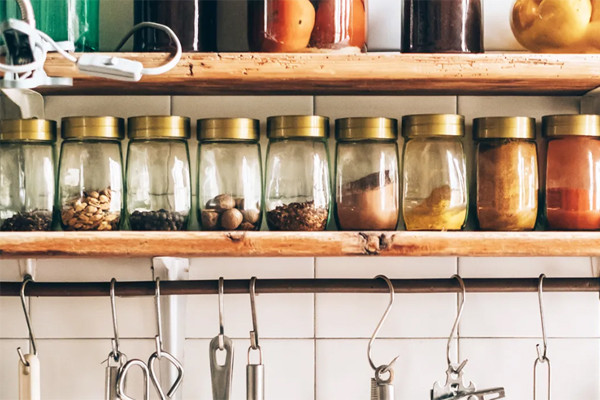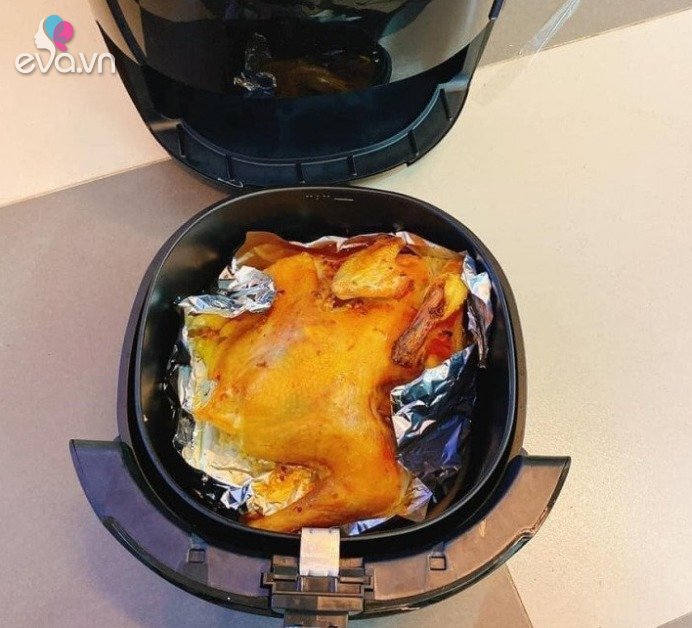Shelf life of spices
A well-stocked spice cabinet is one of the secrets to adding flavor to dishes. Many spices and herbs such as cloves, turmeric, rosemary, and cinnamon possess antioxidant and anti-inflammatory properties.
Early evidence shows that regularly eating foods with spices and herbs reduces the risk of complications related to heart and respiratory diseases.

Expiry date
Spices are usually made from the roots, bark, or dried stems of plants, while herbs are fresh or dried leaves of plants.
When determining the shelf life of dried herbs and spices, factors such as type, preparation, and storage should be considered. For example, dry spices tend to last longer than dried herbs, whole grains or less processed ones have a longer shelf life.
Dried herbs usually keep for 1 to 3 years such as basil, oregano, musk, dill, parsley, mint…
Ground dry seasoning has a shelf life of 2 to 3 years including garlic powder, ground cinnamon, turmeric powder, ginger powder, paprika…
Whole-grain spices, dried whole fruits for the longest time, keep the fragrance durable. Salt is the exception when there is no shelf life.
Signs of broken seasoning
Dried herbs and spices don’t actually expire or “spoiled” in the traditional sense.
When a spice is said to be spoiled, most of its flavor and color has been lost. Luckily, consuming an expired spice is unlikely to make you sick.
Stores recommend how long seasonings should be used, meaning the time frame the seasoning will keep the best flavor and quality.
In general, it is still safe to use dried herbs and spices that have passed their expiration date but are no longer effective in providing a delicious flavor to foods.
If you’re not sure how long you’ve left the seasoning, you can test the taste by crushing or rubbing a small amount in the palm of your hand. If the scent is weak and the scent is faint, this is the right time to replace it.
The best way to store
Minimizing exposure to air, heat, light and moisture is key to maximizing the shelf life of herbs and spices. This helps you reduce waste and save money on new purchases.
While keeping spices in transparent containers next to the hob is convenient and aesthetically pleasing, it’s not the best way to store them.
Instead, a cool, dry, and dark area like a drawer or cabinet away from the stove or oven is a better choice.
Glass or ceramic containers are easy to clean, allowing little air or moisture to leak.
Plastic containers are also a popular choice, but are often not airtight, difficult to clean, and can absorb the colors and odors of different spices.
Stainless steel or tin containers are other possible options, but because metals conduct heat, they must be stored away from heat sources.
Colored spices like paprika will retain their pigment longer if kept in the refrigerator. Similarly, storing spices that contain oil, such as sesame, in the refrigerator prevents rancidity.
Also, keep in mind that moisture can quickly degrade a seasoning’s flavor and texture, causing caking or mold. If you notice mold in any of the spice containers, remove them immediately.
An Yen (According to Healthline)
at Blogtuan.info – Source: vietnamnet.vn – Read the original article here



